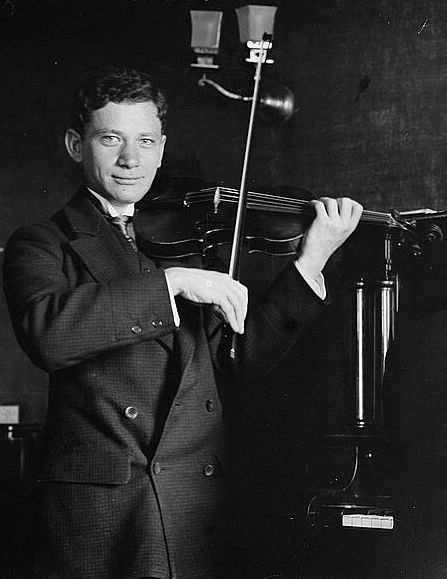In “The Texas Flautist and the Fetus,” a variation on Judith Jarvis Thomson’s “violinist analogy” thought experiment about abortion, Dominic Wilkinson of Practical Ethics points out the unintended moral precedent set by the Texas law which says that pregnant brain-dead woman Marlise Munoz must be kept alive over the objections of her family:
“The Texan law seems to accept that the woman’s interests are reduced by being in a state close to death (or already being dead). It appears to be justified to ignore her previous wishes and to cause distress to her family in order to save the life of another. If this argument is sound, though, it appears to have much wider implications. For though brain death in pregnant women is rare, there are many patients who die in intensive care who could save the lives of others– by donating their organs. Indeed there are more potential lives at stake, since the organs of a patient dying in intensive care may be used to save the life of up to seven other people.
If it is justified to continue life support machines for Marlise Munoz against her and her family’s wishes, it would also appear be justified to remove the organs of dying or brain dead patients in intensive care against their and their family’s wishes. Texas would appear to be committed to organ conscription.”


